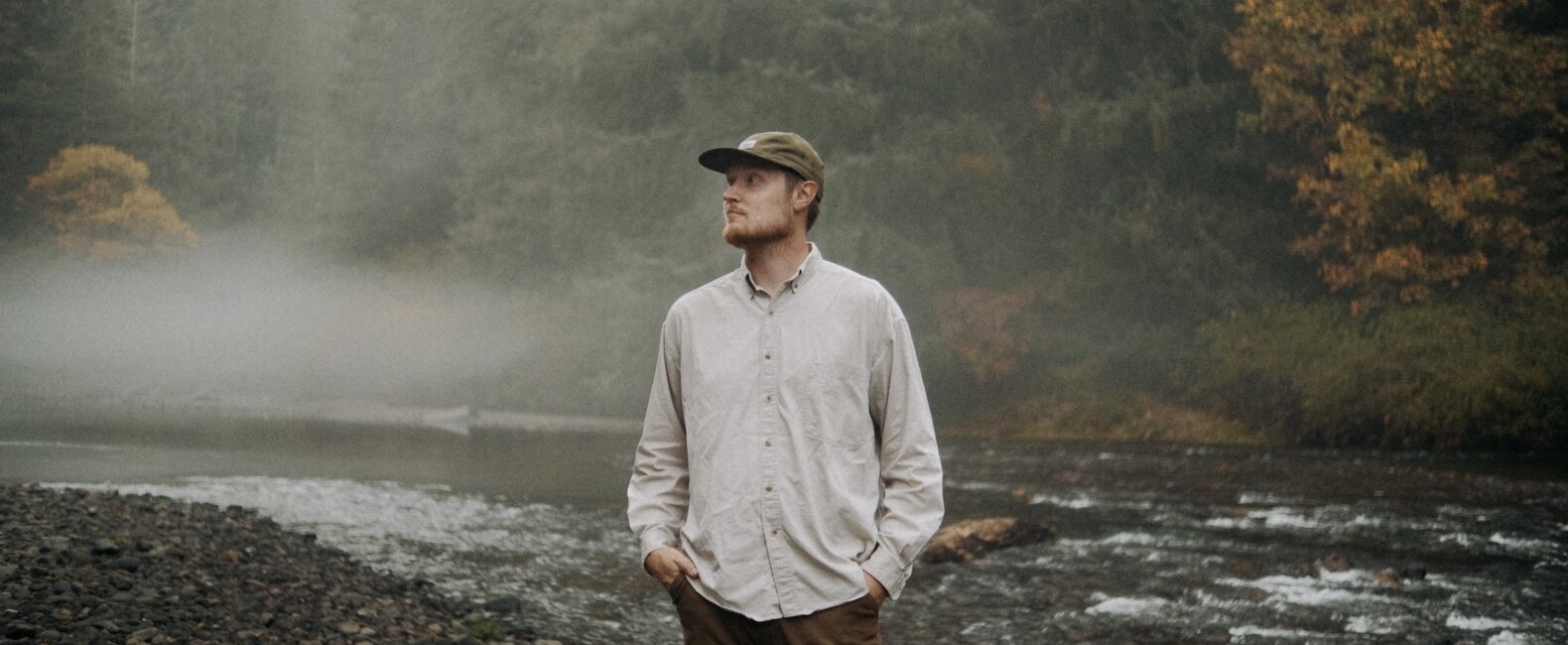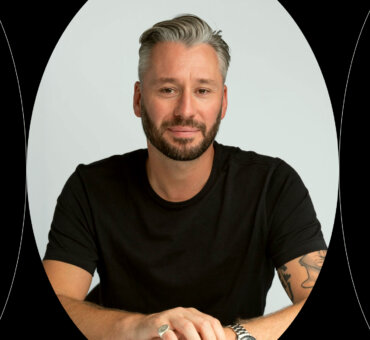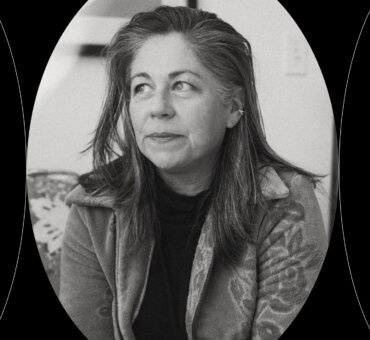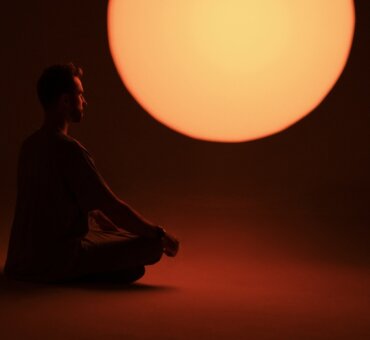Whether it’s a gorgeous destination wedding or work for an invaluable local business, filmmaker and photographer John Stambaugh dedicates his full attention to crafting grounded, meaningful films. Read his interview below to learn more about what sparked his interest in filmmaking and how he always finds the right music for his work on Musicbed.
Musicbed: What sparked your passion for filmmaking/storytelling?
Growing up I had learned about photography and the basics of how to use a camera (film at the time) because I was active in some youth programs that taught me and hosted small competitions. However, the world of visual storytelling wouldn’t become a passion for me until my life was changed by tragedy. In my final year of high school, I developed a close relationship with a mentor who suddenly and unexpectedly passed away in a car accident. After their death, one major revelation settled heavily on my heart: I did not have a single photo of, or with, this mentor who was so dear to me. It was then that I made a conscious decision, among other important changes in my life, that I would document the people that I loved and the seemingly mundane reality of my day-to-day life.
Not long after all this had passed, I went on opening day to see The Secret Life of Walter Mitty and that was the spark for me to begin filmmaking more specifically and using my camera to tell stories with a particular shape, rather than only documenting disjointed moments. This movie was transformative for me because even though one dimension of Walter Mitty’s story captures the human longing for adventure and excitement, what I found even more compelling was the idea that Walter’s life was beautiful despite his perception, and others, that it was not “noteworthy or mentionable”. From that point forward I set forth to use my camera (my Fujifilm Finepix then) as a tool for documenting life and beauty as it unfolds naturally all around me.
What keeps you motivated and creatively inspired?
My motivation comes from the transcendent reality that this work of documentation and storytelling is truly meaningful. Importantly, this meaning is not arbitrarily contrived by our imagination, but rather it exists outside of us. When we tell a story or document beauty (and I don’t mean beauty purely as aesthetics) we tap into a transcendent eternal truth. Our lives and stories are caught up in a metaphysical tapestry telling a fuller story that contains all of our beautiful narratives in their fullness with hardship and redemption, suffering and overcoming, failure and forgiveness. With that “true truth” in mind, I genuinely experience my daily life, hardships, joys, interactions with friends, family, random folks, music, movies, being outdoors, etc. to be an inspiration to my creativity. This might sound vague and abstract but it becomes very tangible and concrete as we grow in awareness that our story is only a small thread in that larger, more beautiful story.
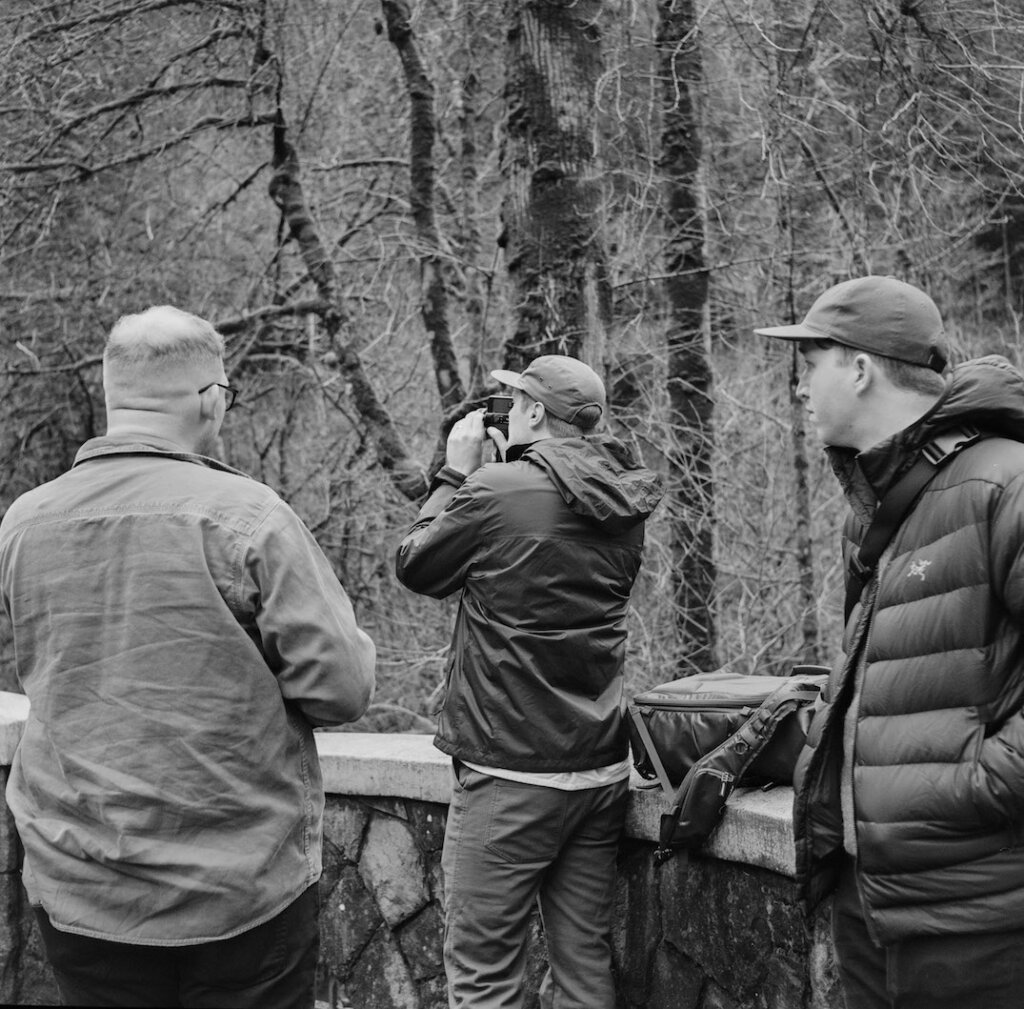
What makes a story visually appealing?
This is difficult because there’s so much that makes a story visually appealing, from the simple content inside the frame to color theory, to the medium used for documentation, the composition of a frame, and the list goes on. In essence, though, I believe the visual appeal of a story is held in its ability to stir in us the emotion or experience it intends to convey. To me, this is why we find visual appeal in both the green, bright, happy hills of The Sound of Music and in the dark, mysterious, surreal, animation of Kubo and the Two Strings. Of course, there are many practical tools and ideas that we can use to make our story visually appealing in a more literal sense, but I think at the core visuals are just one tool to convey meaning and if you successfully communicate through your visuals then the appeal will come naturally.
What elements do you think are essential for crafting a compelling story?
My first thought immediately goes to the common aspects of our human experience that we can all relate to: our desire to be loved, the longing for justice, hope amidst uncertainty, hardship from unexpected circumstances or difficult relationships, pain and healing, and many others. If you consider thoughtful ways to shape your story by incorporating these elements of our human experience I think you will be well on your way toward crafting a compelling story.
What role does music play in storytelling?
Music can play many roles in storytelling, though I think primarily of two. The first role is music as the subconscious, tone-setter. Often when engaging with a story, whether it’s an oratory narrative, reading a book aloud, or watching a video of some kind, your mind will forget the music is even present at all. Meanwhile, it will be subtly shaping your engagement with the story. We all might know this experience as a movie concludes with its final scene and the triumphant strings orchestra is rising while the characters ride off into the sunset, but you are not actively thinking of the music, you are only experiencing the sense of delight in the story. The second role I think of is music as the overt story-carrier. This is much more obvious, but sometimes the story is driven by the music overtly and you are very aware of its presence. In these moments the music is helping you understand, or even telling you, the story by bringing itself to the forefront of your attention.
How important is music in your work?
It’s difficult for me to convey how important music is for my storytelling because it’s so foundational. As I document the story I’m seeking to tell, I often translate the environment and emotions into a broad mood or tone, which then expresses itself both visually and audibly in my mind. Visuals are incredibly important to me, but the music is even more important in helping me to experience the tone that comes to mind as I witness the story unfold. Then my work is to find music that suits the film and will help the audience experience the story more deeply without having tangibly been a part of it.
What advice would you give other filmmakers/creators just starting their careers?
My advice is to remember that your work as a storyteller is truly meaningful. Discouragement is very quick to consume us when we fixate on ourselves and on the mere act of producing pretty imagery or cool content. In that head space, we almost always fall short of our expectations for our work, or in our comparison with others which only leads us into despair. To this sad cycle, I believe the antidote is fixing our eyes on the unmovable truth that our work as storytellers isn’t about ourselves or the imagery we make, but rather its purpose is to document the beauty all around us and express that beauty in a form that reminds others of the grand story in which we all participate.
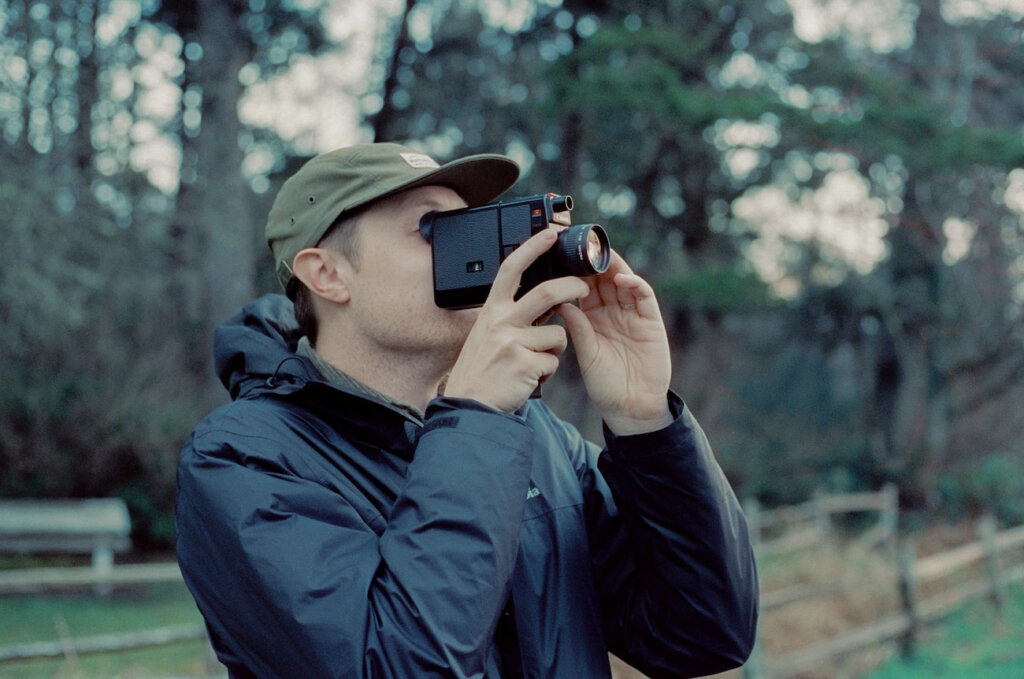
How do you find the balance between pushing boundaries creatively and delivering what your client wants or audience wants to see?
I’m always reminding myself that my first goal is to serve my clients (for some creators the “client” may be the audience) and within that goal, I try to push my creativity forward in a way that compliments the project. In doing this I have found that I will ultimately serve each client to the best of my ability all the while I will be growing creatively to better serve future clients. Practically speaking, with each project I try to introduce something new to my workflow or learn one new skill so that I don’t become stagnant. I may try something that seems insignificantly small like a new font, or I may try something that seems important like a different lens or camera setup. My only rule is that I never compromise the quality of my work or sacrifice the client’s needs for the sake of pushing my creative boundaries.
What is the most challenging aspect of being a filmmaker/creative?
I’m not sure that I could name only one because there are so many, but one that first comes to mind is the feeling of being overwhelmed by the seemingly infinite number of possibilities in which to envision, interpret, and retell any particular story. This challenge works its way from the very conception of a story itself down to the smallest choices made with shot selection, color grading, music, and so many others! The common phrase “analysis paralysis” can start to set in amidst the process with so many choices available. I find placing limits on myself, even if they’re arbitrary, can be helpful to limit the feeling of those infinite options overwhelming me, but it definitely doesn’t take away the difficulty.
What’s your favorite project that you’ve worked on?
My primary field of work is wedding filmmaking and I can honestly say that each “project” is truly special to me. My approach to wedding filmmaking is highly intentional and relational, only working with ~15 couples per year and collaborating with my wife (Liz) as the photographer. This approach allows me to appreciate and experience each wedding as a truly sacred event while creating a meaningful heirloom for the couple. Weddings are incredibly unique because you might witness deep sadness, exceeding joy, anxiety, and peace, among every other emotion all in one short day while often surrounded by a person’s most precious friends and family.
How do you search for music on Musicbed? What are some tips that you’d give other filmmakers to search on Musicbed?
Almost all of my favorite music that I’ve found on Musicbed has come spontaneously as I listen to Musicbed like I would any other music streaming service. I’m often using the app on my iPhone to listen to the curated playlists so I would tell others to do the same! However, if I’m intentionally seeking music for a particular project then my favorite method is using the genre and attribute categories together to narrow down my search. When I have a very specific vision for my music then I will dive deeper into the search tools using instruments and a variety of advanced tools!
Why do you utilize Musicbed in your work?
I first began using Musicbed nearly ten years ago for the same reason I do today: they offer the highest quality music in a simple licensing platform. I don’t want to be confused or overwhelmed by the legal aspect of licensing music and Musicbed has made it simple for me! Plus, with music being vital to the creative process of storytelling it’s important to me that I use the best music available for my films and I’ve yet to find any licensing service that can compare with Musicbed.
—
Explore a curated playlist of John’s favorite music to feature in his films—all available to license only on Musicbed.















































































